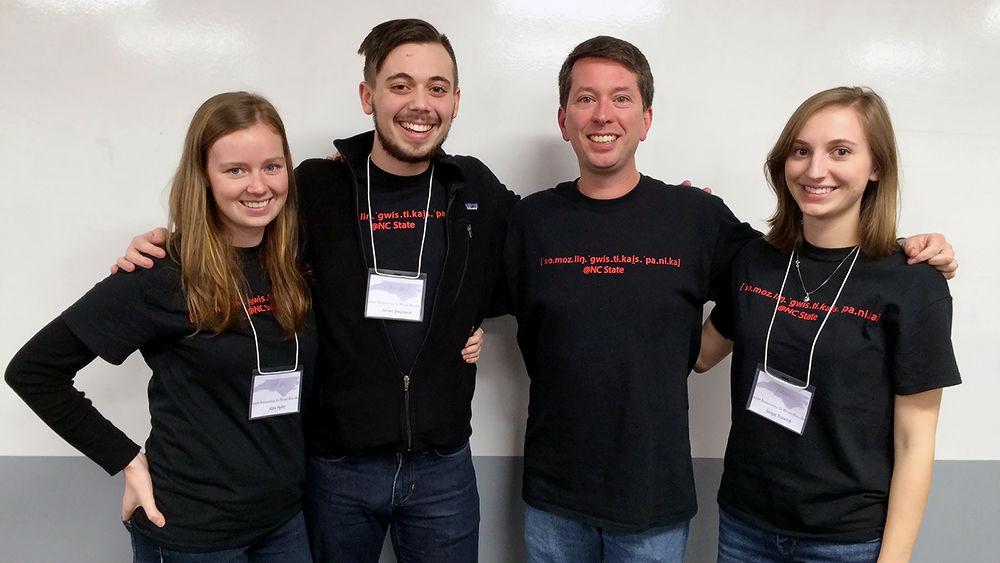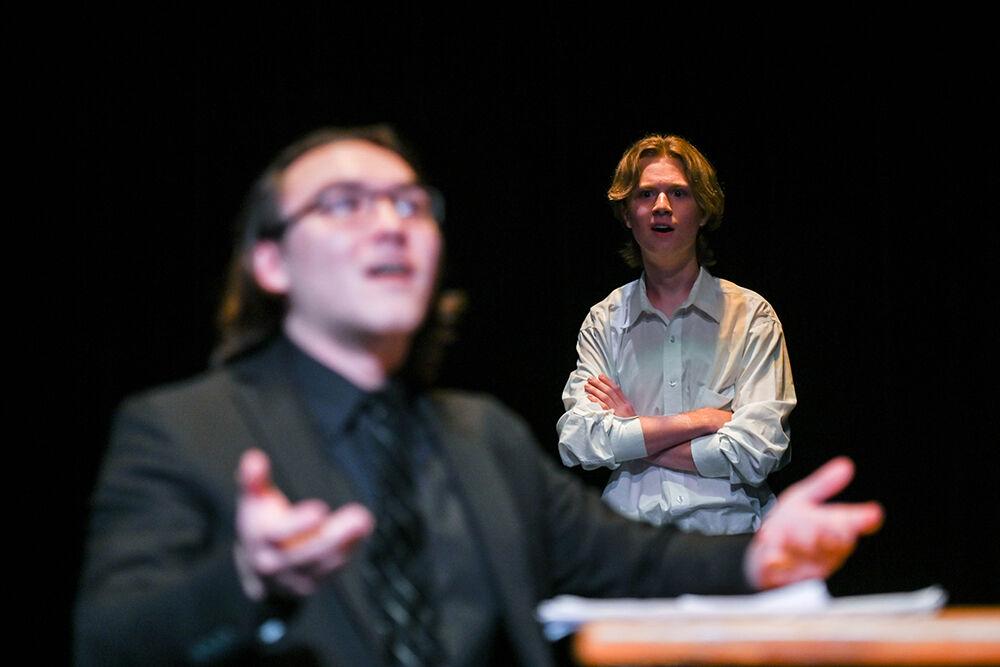Being part of a third culture — defined as a mixture of multiple cultural identities that stem from one’s heritage and place of residence — is becoming all the more common among students. Being in this in-between phase of life often translates to gradual loss of key traditional cultural components, such as language.
Starting in the fall, the Spanish department will be offering FLS 335, Spanish for Native and Heritage Speakers, in an attempt to reach NC State’s third-culture community and grant further opportunity for cultural cultivation, expression and practice.
Jim Michnowicz, the Spanish upper-division coordinator, emphasized the rate at which heritage Spanish speakers are losing the language they grew up speaking at home.
“What we realized, and what’s going on across the country, is that a lot of people are losing their home languages,” Michnowicz said. “We wanted to look at a way to encourage those students, through a class, to continue to use Spanish and hopefully extend it and pass it on.”
Michnowicz explained that often heritage students are adept at speaking Spanish, but may not have formal writing or grammar training.
“We also want to give them the tools they need to use Spanish in a formal setting,” Michnowicz said. “We want to teach these students to code switch, essentially. Not between languages, but between dialects.”
Inma Navarro, a Spanish lecturer and the instructor of FLS 335, emphasized the importance of acknowledging students’ linguistic backgrounds.
“Many students feel that their Spanish is wrong and we want, as linguists, to give them the reassurance that the Spanish they’re speaking is totally fine, we just want to provide them with more tools to use what they have in different settings,“ Navarro said. “There are different ways of saying different things in Spanish, and it doesn’t mean that one is wrong and the other one is right — all of them are right.”
Michnowicz emphasized the upcoming course’s accessibility, even though there is currently only one section of the class offered in the fall.
“We know a lot of students are in different colleges where their courses are really locked down, but coming into FLS 335 allows them to skip a class of the Spanish minor, giving them retroactive credit and allowing them to get the minor in only four classes instead of five,” Michnowicz said. “We’re also in the process of trying to get this class to count as a GEP credit.”
Navarro outlined how the class specifically addresses the needs of heritage and native speakers.
“The idea is to have a very different approach to the heritage speakers, which means we aren’t going to start with grammatical terminology and things like that,” Navarro said. “We are going to make them see how important language and identity is. What are the varieties of Spanish spoken in the United States, and across the world? How different is their Spanish to the Spanish that their parents speak?”
NC State students come from over 120 countries, a number that Navarro believes will be reflected in her class this fall.
“They will come from Cuban families, Puerto Rican families, Mexican families, … and each of their families brought to the United States a unique identity, a unique culture,” Navarro said. “Now, these students are in a classroom with people from different cultures and identities, so they’re also going to learn from each other.”
Emmanuel Mijangos Lopez, a fourth-year studying political science, spoke about his experience studying Spanish in the United States as a native speaker.
“I was accustomed to phrasing things in different ways than we would learn in class, and I had to change the way I would structure [those] phrases,” Lopez said. “I previously wanted to take a Spanish class, but it was closed to native speakers. There is always something to learn, even in your native language.”
Students are encouraged to contact Michnowicz with any questions at [email protected].












